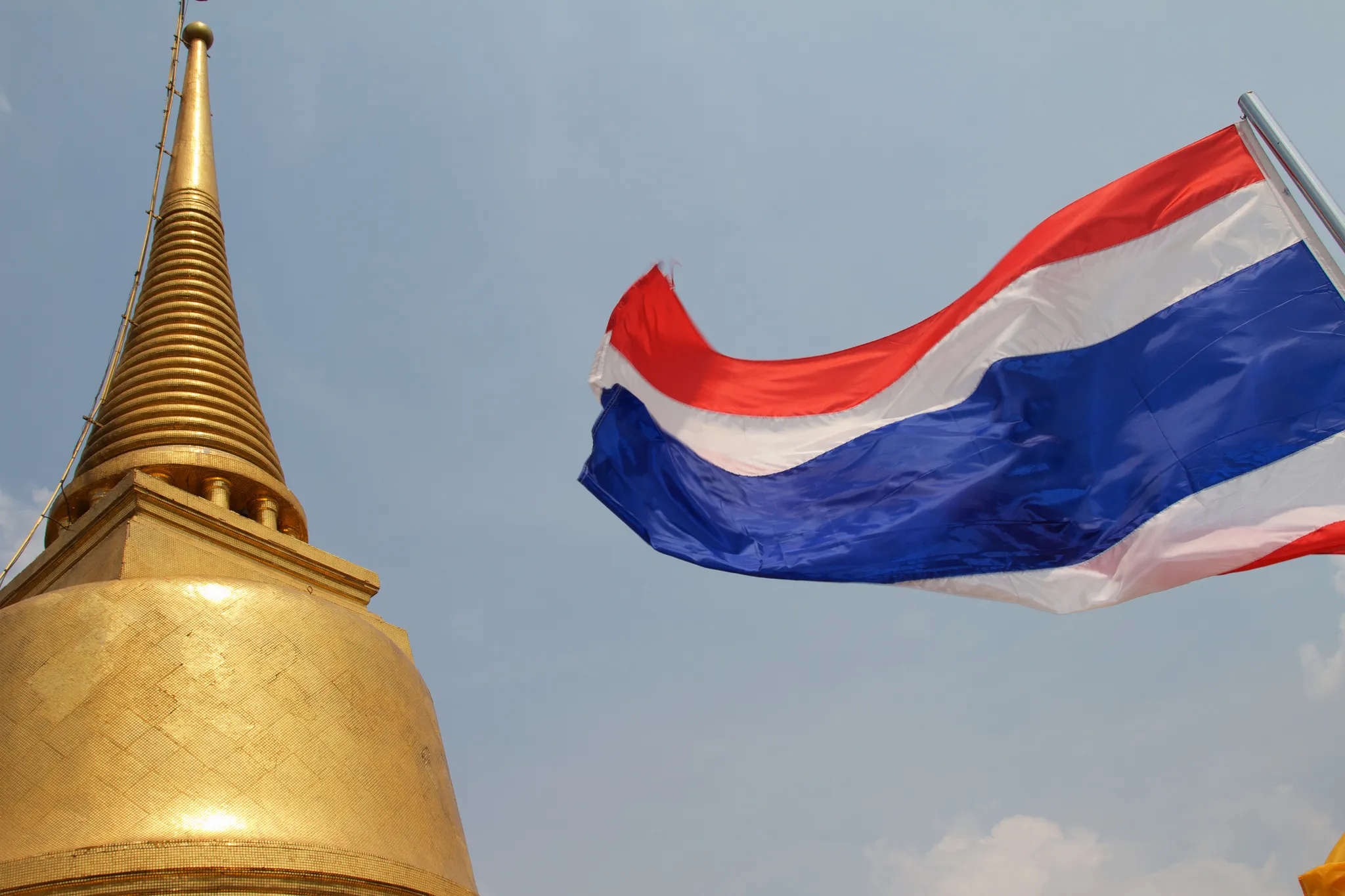
Disclaimer: Views expressed in this article are those of the individual author. This commentary is independent of specific national or political interests. Views expressed do not necessarily represent the institutional position of International IDEA, its Board of Advisers or its Council of Member States.
Thai people have only voted in a referendum on their constitution twice: the first time was in 2007 and the second was 7 August this year. I went to vote light heartedly, thinking that we, the academics, had done our best to provide detailed information to the public on the content of the draft constitution (especially on the limited political space given to our future elected representatives when compared to that of the conservative-minded bureaucracy). We did our best, despite the obstacles and the threats from the military administration to anyone who expressed negative opinions about the draft. However, when the result came, I was depressed by the overwhelming ‘yes’ vote (more than 60% in total and 80% in some areas).
I was mistaken. I did not realise that so many voters could not care less about the democratic or less-democratic content of the draft. They probably voted ‘yes’ out of the ‘political sentiments’ such as the approval of the military’s performance, liking the personality of the junta leader, the dislike of elected politicians, nationalist feelings or the penchant for the authoritarian and conservative leadership. Moreover, Thai citizens are still politically divided, though to a lesser extent than before the coup, into the so-called yellow-and red camps, which vote more or less accordingly. Furthermore, in the deep south, the majority voted ‘no’ to express their dissatisfaction about the lack of progress in the resolution of violent conflict there.
In hindsight, I need to accept the verdict of the people. The lesson to be learnt is that the role of academics is to inform, and then leave the public to decide on whatever criteria they deem fit.




